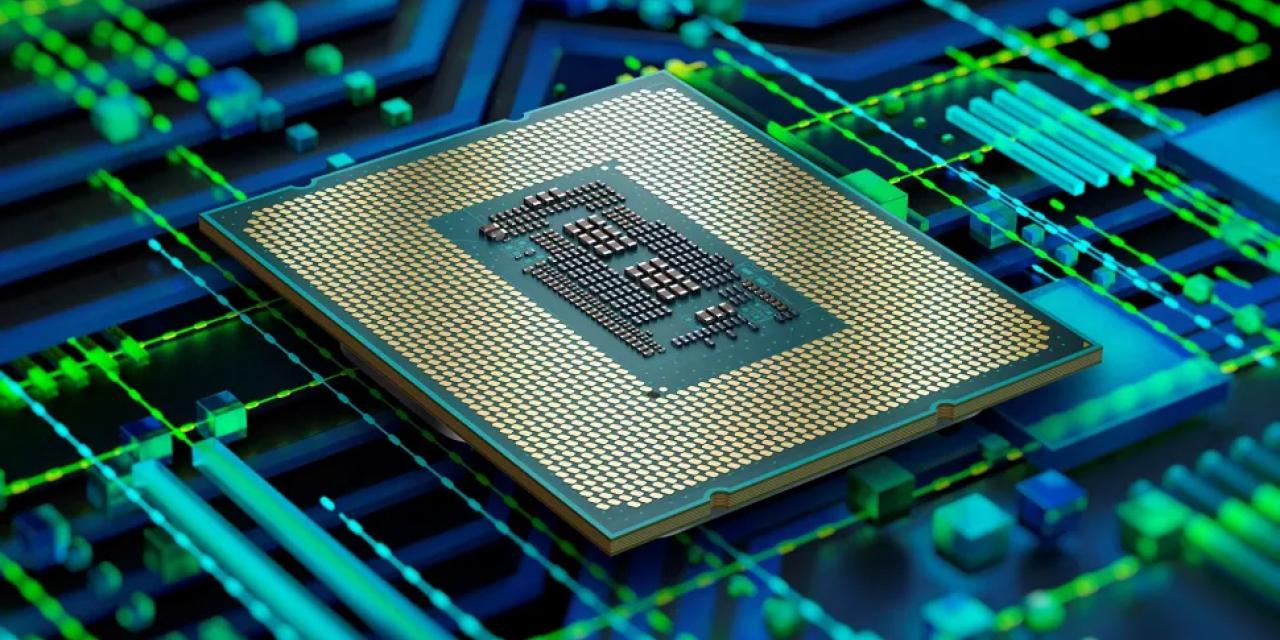
Intel's next-generation Raptor Lake processors may cost as much as 20% more than their existing Alder Lake counterparts, a shocking rise considering the mix of high-cost CPUs and excellent value options in the 12th gen lineup. Doing so would suggest that either Intel feels confident it can beat AMD on a price to performance index, or that AMD too may raise its prices in turn, leading to healthier competition.
This move could have wide-reaching implications, because it won't just extend to desktop chips, but mobile, and servers, too. According to a leaked report by Nikeei Asia, Intel claims it is responding to rising US and global inflation by raising prices in turn. Some chips will only go up by a few percent points, but some may lift as much as 20% or more, which could have a big effect on the affordability of different hardware, and knock on effects for consumers.
What does this mean for next-gen CPU prices? Chances are the top chips will get more expensive, even if Intel is able to hold on to its more value chips at more affordable rates. The Core i3 12100F and Core i5 12400 have been wins for Intel this CPU generation, offering better value and performance than the AMD competition. But with Zen 4 launching in the next few months alongside Intel's Raptor Lake, it seems surprising that Intel is committing to price rises already.
Some concerns have been raised by suppliers, with Acer and Asus both highlighting that price rises amidst a time of reduced demand would lead to a further drop in sales.
Would you be willing to pay more for a Raptor Lake CPU? Or does this price hike make you more likely to buy Zen 4 instead?








